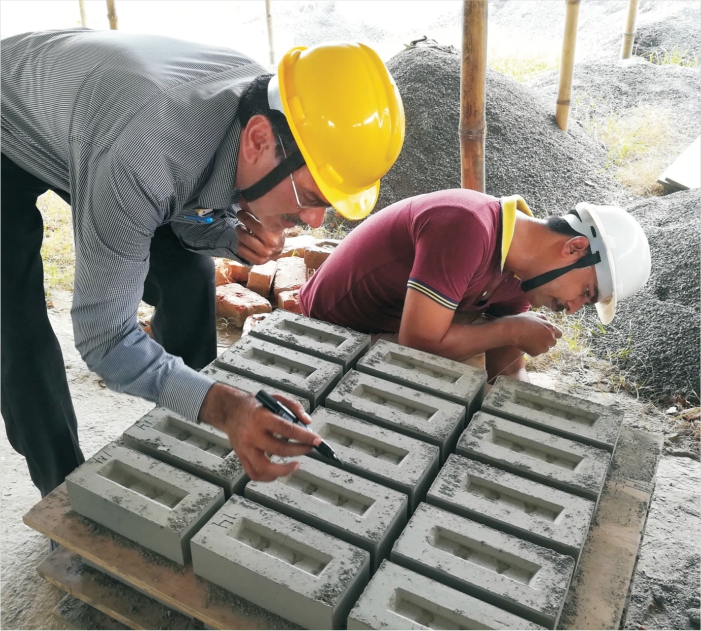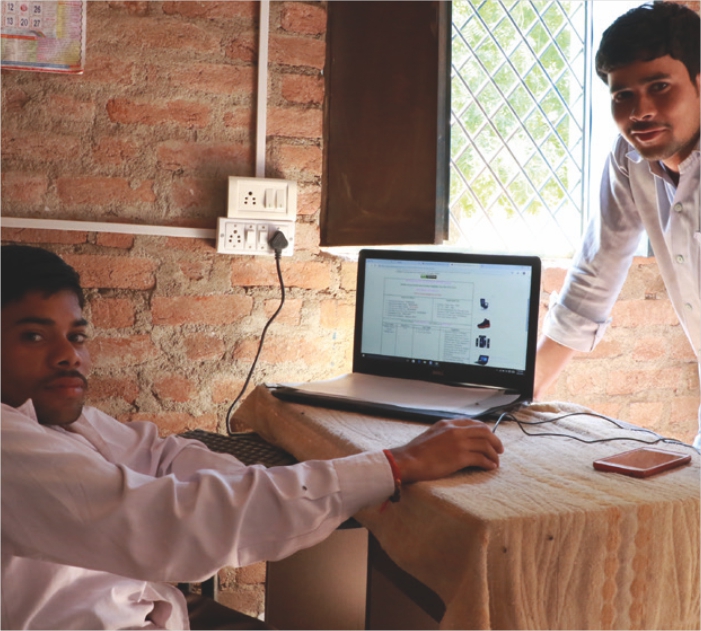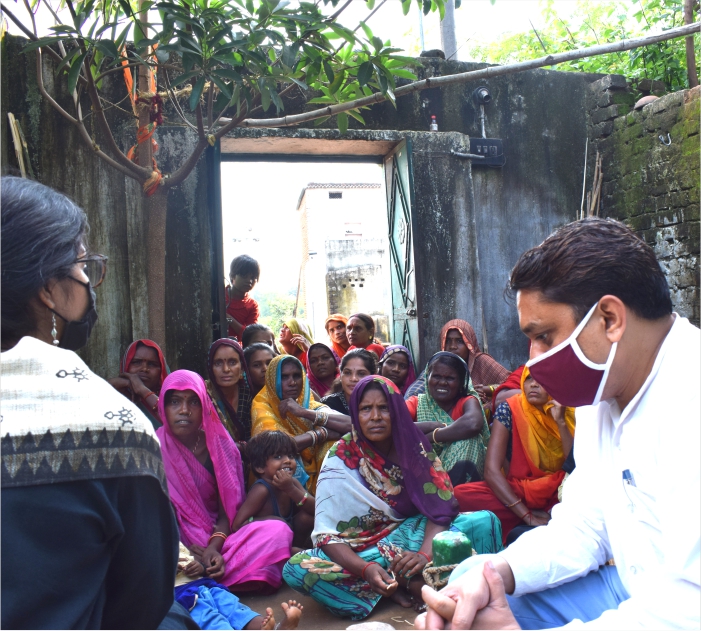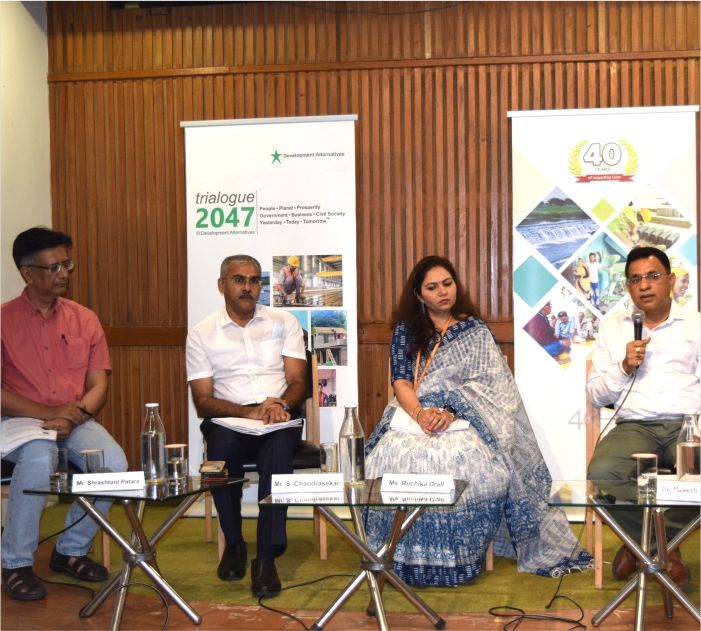
Innovation
Incubation
Implementation
Influence
Development Alternatives drives strategic change through ‘Innovation’ of eco-solutions, ‘Incubation’ of technical, institutional, and market solutions for ‘Implementation’ at scale and ‘Influence’ policies for sustainable development. The approach of 4 ‘Is’ across all the sectors that the organisation works on is designed to create positive impact both at micro level, i.e., in the lives of people and at macro-level, i.e., in policy action.






 Live Radio
Live Radio



